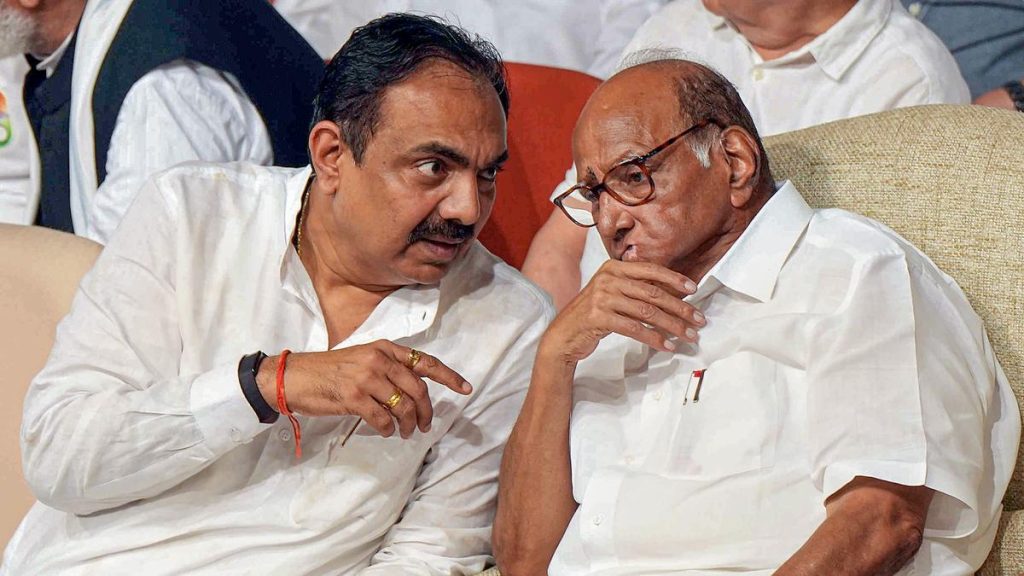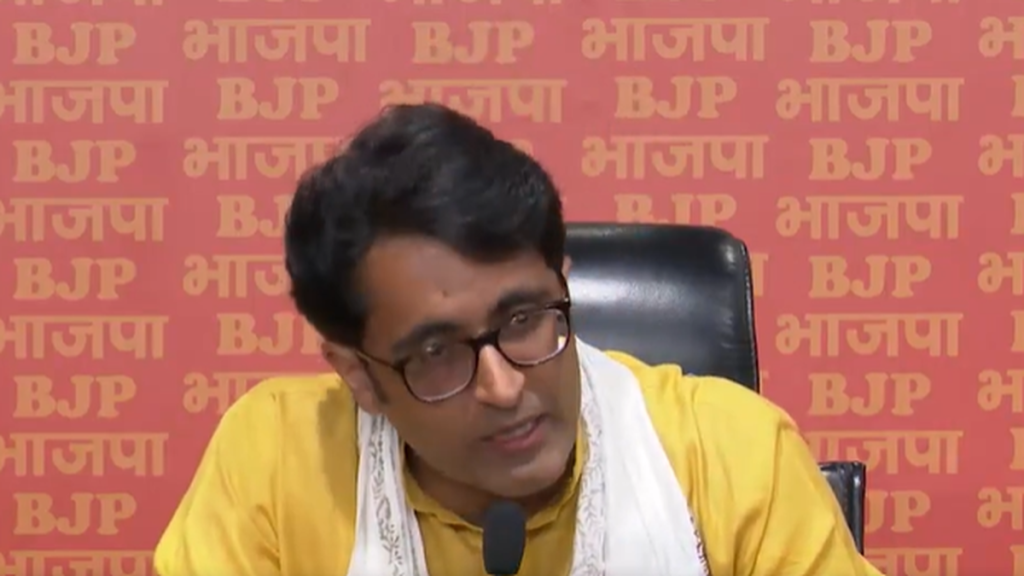Now Reading: Pahalgam Attack: Court Extends Probe and Accused’s Custody
-
01
Pahalgam Attack: Court Extends Probe and Accused’s Custody
Pahalgam Attack: Court Extends Probe and Accused’s Custody
Quick Summary
- A special NIA court in Jammu extended by 45 days the custodial remand of Bashir Ahmad Jothat and Parvaiz Ahmad, accused of harboring Pakistani terrorists involved in the Pahalgam terror attack in April.
- The extension goes beyond the initial 90-day investigation period and was granted due to pending forensic reports, DNA profiling, witness statements, and analysis of mobile data linked to Pakistani numbers.
- Analysis from blankets, shawls, and bedsheets allegedly used during the attack is still under examination at CFSL Chandigarh for potential DNA matches with killed terrorists.
- On July 28, three terrorists were killed in an encounter; arms recovered from them are awaiting forensic examination.
- The case pertains to an April 22 attack at Baisaran meadow where tourists from a particular community were targeted. There were 26 fatalities and 16 injuries.
- Prosecutors argued that new suspects had surfaced during investigation alongside additional evidence linked to overground workers aiding terrorist activities.Updates on recoveries will be sought from NFSU Gandhinagar as investigations proceed.
Image: Security forces during search operations (File). Photo Credit: Imran Nissar.
Indian Opinion analysis
The decision by the special NIA court highlights India’s strict legal approach toward investigating terror-related cases while emphasizing procedural thoroughness under statutes like UAPA. Extending custodial remand allows time for formal corroboration through pending forensic profiles and data analysis-critical for building a comprehensive case against suspected perpetrators.
While this extension underscores accountability within India’s judiciary framework, it also signals potential global implications given cross-border affiliations with banned groups like Lashkar-e-Taiba (LeT). Completing DNA-linked leads could strengthen bilateral counterterrorism dialogues involving Pakistan’s cooperation or accountability around infiltration issues.
the challenge remains balancing diligent investigation timelines with timely resolution as prolonged detention periods may raise human rights concerns domestically or internationally. This case reinforces India’s broader focus on localized terrorism threats disrupting civilian safety.Read more: link
























